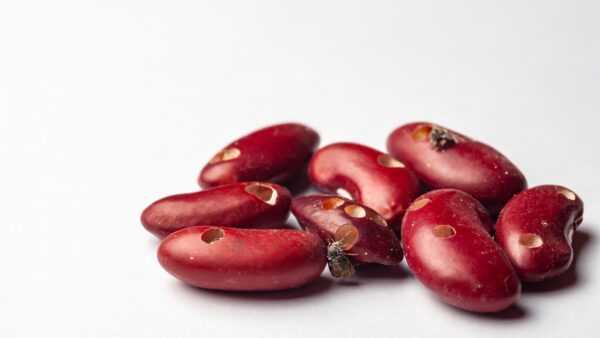Protein Industries Canada, along with industry partners, announced an investment of more than $27 million into a canola breeding project focused on making canola hybrids that produce high protein meal for downstream use. This is the first commercial breeding project focused specifically on protein quality improvement. Higher protein canola meal will result in new, diversified, higher value markets for canola meal creating economic benefits across the entire value-chain.
“It is great to see the Protein Industries Supercluster build further momentum through new projects and even more investments. This project especially will help produce canola that commands premium value, both at home and in international markets. This will help growers become more profitable and create more jobs in the agri-food sector,” The Honourable Navdeep Bains, Minister of Innovation, Science and Industry said.
The consortium, led by Corteva Agriscience and includes Bunge, a leading canola processor, and Botaneco, will invest $14.05 million, with a $13.6 million investment from Protein Industries Canada. In this project, genetics from Corteva’s breeding programs and public sector sources, such as Agriculture and Agri-Food Canada, will identify genes that result in high protein and reduced fibre. High protein products delivered from breeding will be scaled up to provide seeds for processing by Bunge and Botaneco to generate meal and high value canola protein products, that are more competitive with other plant-based protein sources for human and monogastric markets, including poultry and pork.
“Canola is one of Canada’s most important crops, and this project will have significant impacts along the entire value chain,” CEO of Protein Industries Canada Bill Greuel said. “By investing in breeding to improve protein and reduce fibre, we will increase the value of Canadian canola and open up new markets for food and feed applications, resulting in higher demand and prices for the meal.”
“We’re pleased to announce our significant investment to revolutionize Canadian canola, which will open new, higher-value markets and create economic benefits across the entire canola value chain and agriculture industry,” President of Corteva Agriscience Canada Bryce Eger said. “In addition to our focus on important agronomic input traits for farmers, high protein seed genetics will transform Canadian canola to be both a high value oil and a high value meal crop.”
Bunge will process the high protein canola, resulting in high protein meal to be used in poultry and swine feeding studies to quantify animal performance. New end-use markets will also be evaluated using the meal processed by Bunge. In parallel, high protein canola will be used in Botaneco’s novel processing platforms to produce protein concentrates for use in aquaculture studies, and protein isolates for human food testing.
“The industry will generate more value from high protein canola meal, ultimately, creating new opportunities for growers as the high protein/reduced fibre meal will allow us to sell into local feed markets where we currently struggle to compete,” North America Canola Commercial Manager at Bunge Ryan Law said.
“Development of high protein canola hybrids will change the future of canola,” Chief Operating Officer for Botaneco David Dzisiak said. “This is an important project that will create new value for the Canadian canola industry across the value-chain and provide new companies like Botaneco the ability to better create novel downstream end-use products opening significant new markets.”
“Continued innovation in Canadian canola by enhancing the protein in the seed will help us create more sustainable growth and opportunity for the canola value chain,” President of the Canola Council of Canada Jim Everson said. “The federal government’s support for research in plant proteins through Protein Industries Canada is very important for Canadian canola growers.”
Protein Industries Canada currently has 24 projects being evaluated for investment. The projects represent potential investment of more than $130 million and include projects from Alberta, Saskatchewan, Manitoba and Ontario.












